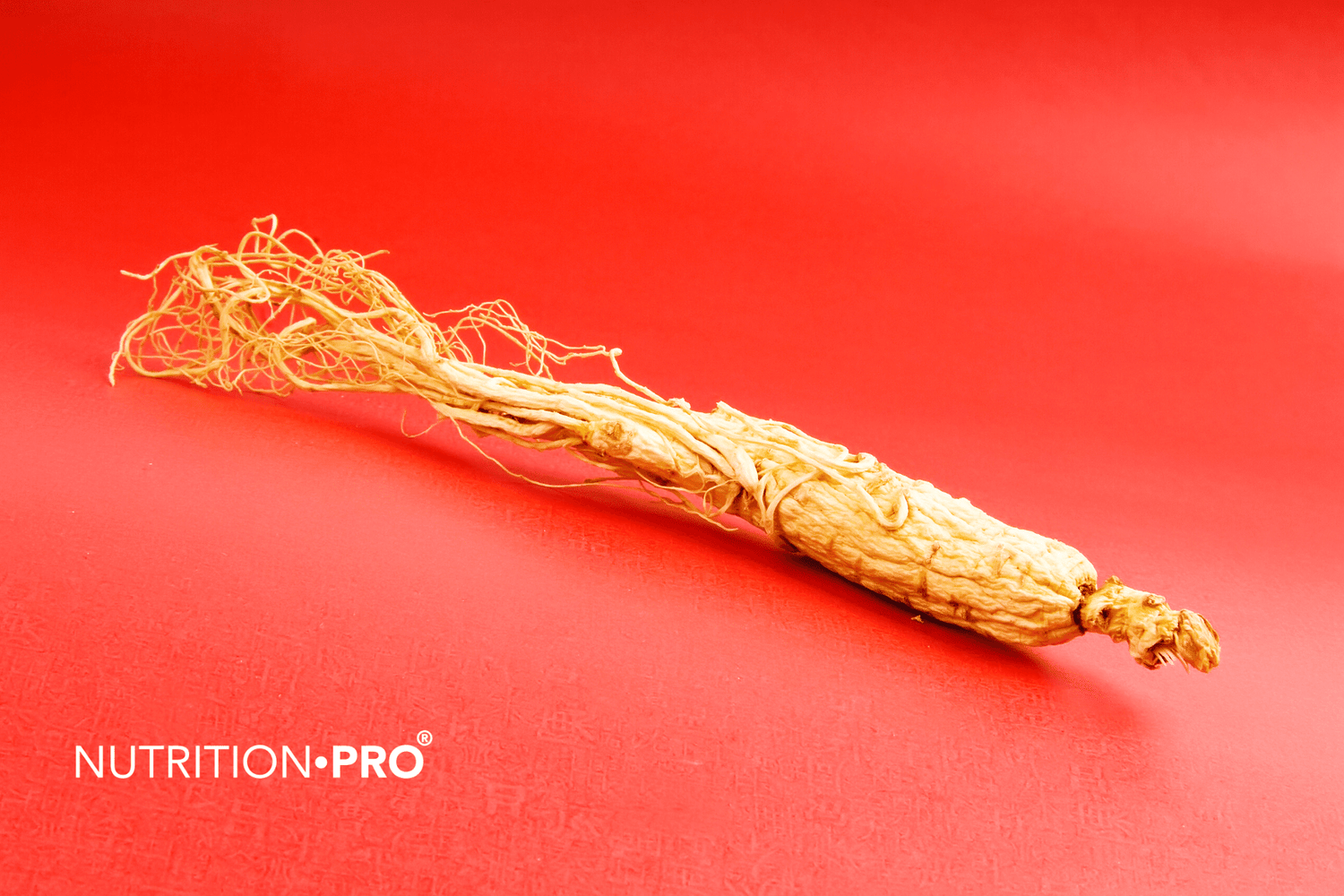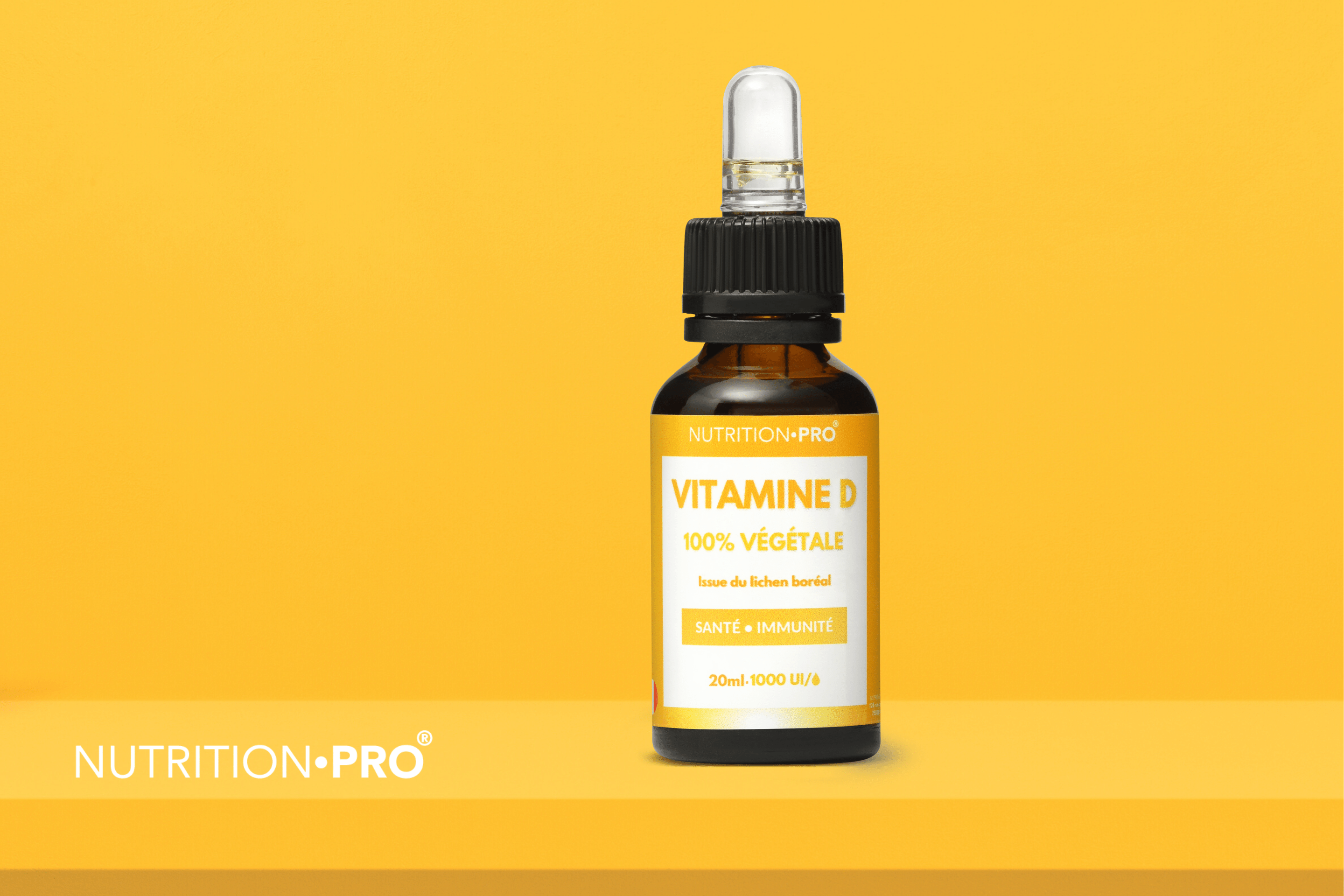What is ginseng?
Ginseng is an herb that has been used in traditional Chinese medicine for centuries.
This short, slow-growing plant with fleshy roots can be classified in three ways depending on how long it has been grown: fresh, white or red.
Fresh ginseng is harvested before 4 years, while white ginseng is harvested between 4 and 6 years and red ginseng is harvested after 6 years or more.
There are many types of this plant, but the most popular are American ginseng ( Panax quinquefolius ) and Asian ginseng ( panax ginseng ) that have the most beneficial health effects .
American and Asian ginseng vary in their medicinal benefits and their concentration of active compounds and their effects on the body.
In herbal medicine, American ginseng is said to act as a relaxant, while the Asian variety has an invigorating effect .
Panax ginseng is synonymous with " ginseng root " or " red ginseng " is the best form of ginseng to consume but also the most widespread.
This medicinal plant native to several continents contains two important compounds: ginsenosides and gintonin. These compounds complement each other to provide health benefits .

Discover our ORGANIC red ginseng: Click here
Here are 7 evidence-based health benefits of organic ginseng .
1. Ginseng is a Powerful Antioxidant That May Reduce Inflammation and Fight Aging
Ginseng has very beneficial antioxidant and anti-inflammatory properties .
Some test-tube studies have shown that ginseng extracts and ginsenoside compounds can inhibit inflammation and increase the antioxidant capacity of cells .
For example, a test-tube study found that Korean red ginseng extract reduced inflammation and improved the antioxidant activity of skin cells in people with eczema .
The results are also very promising in humans.
One study looked at the effects of 18 young male athletes taking 2 grams of Korean red ginseng extract three times a day for seven days.
The men then had levels of certain inflammatory markers tested after performing a stress test. These levels were significantly lower than the placebo group, lasting up to 72 hours post-test .
However, it should be noted that the placebo group received a different herbal remedy, so these results should be taken with a grain of salt and further studies are needed.
Finally, a larger study followed 71 postmenopausal women who took 3 grams of Korean red ginseng or a placebo daily for 12 weeks. Antioxidant activity and oxidative stress markers were then measured.
Thanks to its high antioxidant content, researchers have concluded that red ginseng may help reduce oxidative stress by increasing antioxidant enzyme activities .
2. Ginseng Benefits Brain Function
Ginseng may help improve brain functions like memory, behavior, and mood .
Some test-tube and animal studies show that components of ginseng , such as ginsenosides and Compound K, may protect the brain against free radical damage .
One study followed 30 healthy people who consumed 200 mg of panax ginseng by day for four weeks. At the end of the study, they showed improvement in mental health, social functioning, and mood .
Another study looked at how single doses of 200 or 400 mg of Panax ginseng affected mental performance, mental fatigue, and blood sugar levels in 30 healthy adults before and after a 10-minute mental test.
The 200 mg dose, as opposed to the 400 mg dose, was more effective in improve mental performance and fatigue during the test .
It 's possible that ginseng helped cells absorb blood sugar , which could have improved performance and reduced mental fatigue. Still, it's not clear why the lower dose was more effective than the higher dose.
A third study found that taking 400 mg of Panax ginseng by day for eight days improved calmness and math skills .
Additionally, other studies have found positive effects on brain function and behavior in people with Alzheimer's disease .
3. Ginseng Improves Erectile Dysfunction
Ginseng is also known as a stimulant and natural aphrodisiac to improve libido .
Research has shown that ginseng may be a useful alternative for the treatment of erectile dysfunction (ED) in men .
It appears that its compounds may protect against oxidative stress in penile blood vessels and tissues and help restore normal function .
Additionally, numerous studies have shown that ginseng may promote the production of nitric oxide , a compound that improves muscle relaxation in the penis and increases blood circulation .
One study found that men treated with red ginseng had a 60% improvement in symptoms of erectile dysfunction , compared to a 30% improvement produced by a drug used to treat erectile dysfunction .
Additionally, another study showed that 86 men with erectile dysfunction had significant improvements in erectile function and overall satisfaction after taking a 1000mg dosage of organic red ginseng extract for 8 weeks .
4. Ginseng boosts the immune system
Ginseng strengthens the immune system .
Some studies exploring its effects on the immune system have focused on cancer patients undergoing surgery or chemotherapy treatment.
One study followed 39 people recovering from surgery for stomach cancer, treating them with 5,400 mg of ginseng daily for two years.
Interestingly, these individuals had significant improvements in immune function and lower recurrence of symptoms .
Another study looked at the effect of red ginseng extract on immune system markers in people with advanced stomach cancer undergoing post-surgery chemotherapy.
After three months, those taking red ginseng extract had better immune system markers than those in the control or placebo group .
Additionally, one study suggested that people who take ginseng may have up to a 35% greater chance of living disease-free for five years after curative surgery and up to a 38% higher survival rate than those who take ginseng. don't take it .
It seems that ginseng extract increases the natural defenses of the human body and could also enhance the effect of vaccinations against diseases such as influenza .
Even though these studies show improvements in immune system markers in people with cancer, more research is needed to demonstrate the effectiveness of ginseng in boosting resistance to infection in healthy people .
5. Ginseng Has Potential Cancer-Fighting Benefits
Ginseng may be helpful in reducing the risk of certain cancers .
The ginsenosides in this herb have been shown to help reduce inflammation and provide antioxidant protection .
The cell cycle is the process by which cells normally grow and divide. Ginsenosides may benefit this cycle by preventing abnormal cell production and growth .
A review of several studies concluded that people who take ginseng may have a 16% lower risk of developing cancer .
Additionally, an observational study suggested that people taking ginseng may be less likely to develop certain types of cancer, such as cancer of the lips, mouth, esophagus, stomach, colon, liver and lung, than those who do not take it ).
Ginseng may also help improve the health of patients undergoing chemotherapy , reduce side effects, and enhance the effect of certain treatment drugs .
6. Ginseng helps fight fatigue and boost energy levels
As a natural stimulant , ginseng has been shown to help fight fatigue and promote energy .
Various animal studies have linked certain components of ginseng, such as polysaccharides and oligopeptides, to lower oxidative stress and higher energy production in cells, which helps fight fatigue.
A four-week study explored the effects of administering 1 or 2 grams of panax ginseng or a placebo to 90 people suffering from chronic fatigue .
Those who received Panax ginseng have experienced less physical and mental fatigue, as well as reductions in oxidative stress, than those who took the placebo .
Another study gave 364 cancer survivors with fatigue 2,000 mg of ginseng or a placebo. After eight weeks, people in the ginseng group had significantly lower levels of fatigue than those in the placebo group .
Additionally, a review of over 155 studies suggested that ginseng supplements may not only help reduce fatigue, increase tone, but also improve physical activity .
7. Ginseng Lowers Blood Sugar
Ginseng is beneficial in controlling blood sugar in diabetics and non-diabetics .
Ginseng has been shown to improve pancreatic cell function, stimulate insulin production, and improve tissue glucose uptake .
Additionally, studies show that ginseng extracts help by providing antioxidant protection that reduces free radicals in the cells of people with diabetes .
One study evaluated the effects of 6 grams of Korean (red) ginseng, along with the usual diabetes medication or diet, in 19 people with type 2 diabetes.
Interestingly, they were able to maintain good blood sugar control throughout the 12-week study. They also had an 11% decrease in blood sugar, a 38% decrease in fasting insulin, and a 33% increase in the sensitivity to insulin .
Another study showed that ginseng helped improve blood sugar levels in 10 healthy people after taking a sugary drink test .
It seems that red ginseng might be even more effective in controlling blood sugar . Fermented ginseng is produced using live bacteria that transform ginsenosides into a more easily absorbed and more potent form .
In fact, one study showed that taking 2.7 grams of red ginseng daily was effective in lowering blood sugar and increasing insulin levels after a test meal, compared to a placebo .
8. Ginseng relieves menopause
A few studies have found evidence that different types of ginseng may help improve quality of life during menopause . Ginseng has been shown to improve mood and improve sleep. But so far, studies have not shown American or Korean ginseng to relieve physical symptoms of menopause such as hot flashes.
What is the difference between ginseng and ginger?
At first glance, it can be difficult to notice the difference between ginger and ginseng. However, these important herbal remedies have significant differences.
To begin with, they are not the same plants and they are native to different parts of the world.
When studied in relation to each other, they have different functions – or mechanisms of action – despite some overlapping benefits.
Ginger has antiviral (kills viruses) and antibacterial (kills bacteria) properties. It can relieve symptoms of upset stomach, nausea, diarrhea, and arthritis. Ginger can be consumed fresh or in the form of pills, oils and extracts.
As seen above, ginseng is often used to increase immunity, metabolism, in the treatment of colds, diabetes, fatigue, asthma, cancer and to relieve symptoms of cardiovascular disease, menopause and erectile dysfunction.
Overall, ginger is well known for improving gut health while ginseng excels at boosting energy.
On the nutritional side, ginger is a rich source of vitamins A, B, C and E.
It also contains trace elements including minerals such as potassium, calcium, magnesium, iron, zinc and phosphorus, all of which help to improve its effectiveness.
Ginseng also contains important nutrients such as vitamins, particularly in the family of B vitamins and amino acids. However, its remarkable constituents are known as ginsenosides, which we have to thank for the energizing benefits of ginseng.
In conclusion
Known to be one of the best medicinal plants, ginseng is a powerful natural tonic that has been used for centuries in Chinese medicine.
It is often praised for replenishing energy, for its antioxidant and anti-inflammatory effects as active ingredients. It may also help regulate blood sugar, increase vitality, and have benefits for certain cancers.
Additionally, a ginseng cure can boost the immune system, improve brain function, fight fatigue, and improve symptoms of erectile dysfunction.
It can also raise or lower blood pressure. It is best to avoid ginseng in patients with high blood pressure. Ginseng can be consumed as a supplement, raw or lightly steamed.
It can be combined with royal jelly ampoules and vitamin c.
Like green tea, it can also be easily added to your diet via its extract as a dietary supplement in capsules or in its powder form to be consumed as an infusion.
Ginseng is generally not recommended for pregnant women.
Whether you want to improve a certain condition or just want to give your health a boost, ginseng is definitely worth a try.















